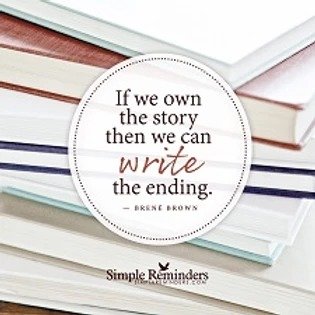Following on from my blog on autonomy I felt it useful to share a thought on communication.
In order to create autonomy one of the most important things has been learning to listen in a different way. It’s fair to say most of us can listen. We sit in the pub and hold conversations with one ear on the football. We speak one to one with more depth when needed at work or in life, but what I am talking about here is training myself to listen in a different way.
Firstly for want of a better phrase, I am learning to shut up. I mentioned in my last blog I am trying to coach. Coaching is about two things, questions and listening. It is about the individual having the answer and I am allowing them to find it. For me this has been a case of having to hold back my natural instinct to give an answer or a direction and just listen and allow them to find it with the help of my questions.
This approach has actually worked to slow me down in other areas, and I find I am naturally waiting to respond, when before I would have stepped in – an added bonus.
Secondly, I have worked out that some people like the story and some people like the ending. I generally work at a fast pace and want the ending. Whether this means what have you done or what are you going to do, give it to me punchy and succinct.
However, this is not always the case and others like the story. The full technicolour plot in all its glory. This can present a communication breakdown or the message just not being received.
I want the end, the story wastes my time, don’t give me 100 words when 10 will do, but sometimes others want to give me the story. This doesn’t always make for smooth conversation or increased rapport.
In the same way that some people are visual, kinaesthetic or auditory, and talking the wrong language can lead to the message not being heard, it is important we know who likes the story and who likes the ending and how to communicate. Building rapport internally and externally is crucial.
We all need to know when to give a little more or say a little less and communicate in a way that isn’t our natural style.
We are reading the same book here at Tridan, but it’s important I continue to remember that not everyone wants to skip to the last page.






